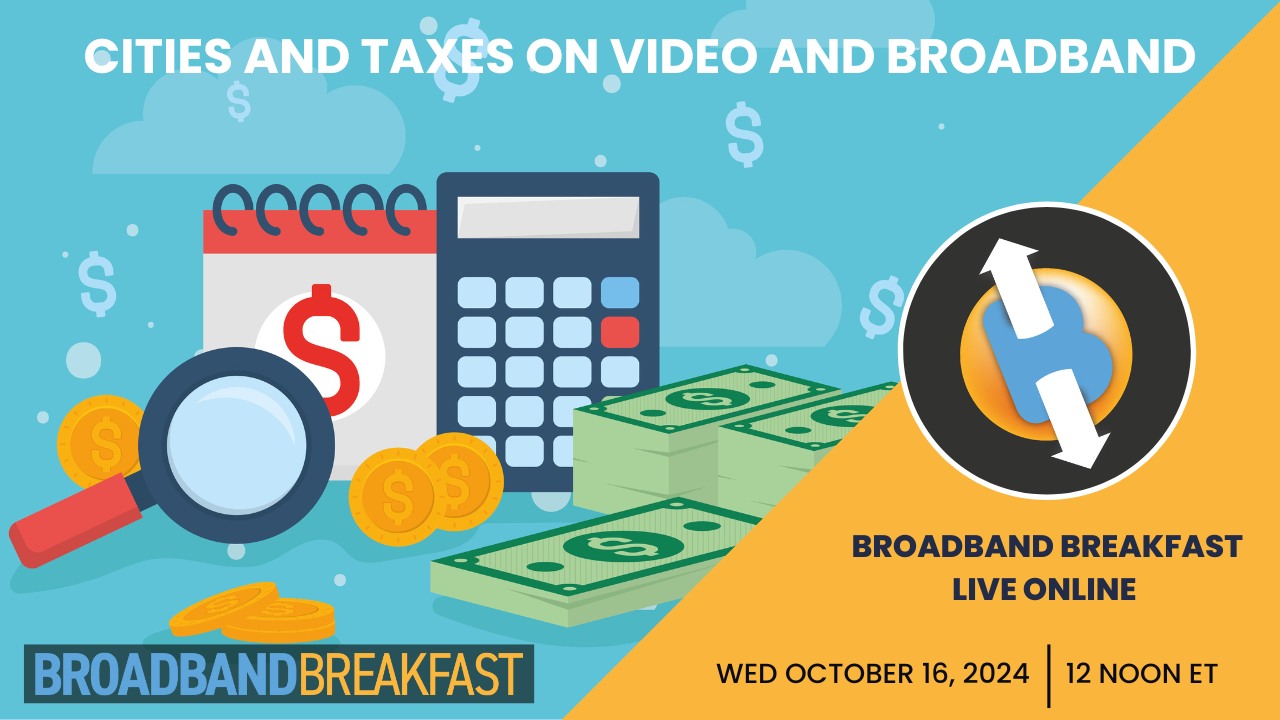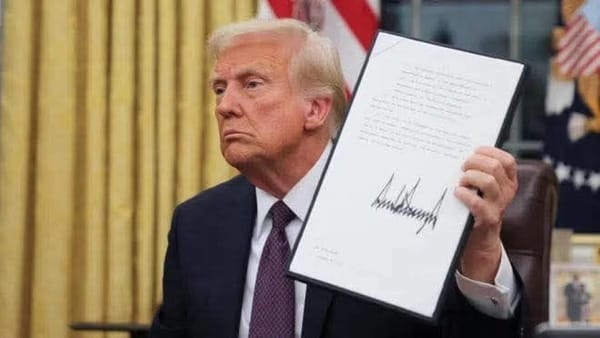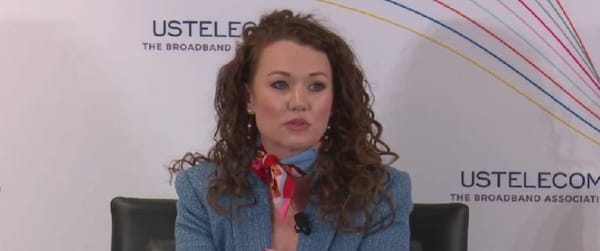Panelists Disagree Over Taxes and Fees for Broadband and Streaming Services
Should streaming video and broadband services be subject to fees similar to those imposed on cable TV providers?

Should streaming video and broadband services be subject to fees similar to those imposed on cable TV providers?

WASHINGTON, Oct. 18, 2024 — As traditional cable TV subscriptions decline, a debate over the appropriate compensation from communication services using public rights of way took center stage during a Broadband Breakfast Live Online event Wednesday.
The discussion centered on whether streaming video and broadband services should be subject to fees similar to those imposed on cable TV providers.
 Broadband BreakfastBurt Cohen
Broadband BreakfastBurt Cohen
Cheryl Leanza, of counsel at Best Best & Krieger, argued that the current system creates "regulatory arbitrage" where some companies contribute more than others for using public infrastructure.
Today’s regulatory framework largely stems from the Cable Communications Policy Act of 1984, which set a 5% cap on franchise fees for cable operators based on their cable service revenues. However, the law doesn't explicitly address how to treat broadband or streaming services that now often use the same infrastructure.

President Trump targeted anti-competitive regulations, aimed to promote growth

Legislation intended to bring broadband to more Americans

Telecom leaders call mandates to maintain copper a barrier to next-gen broadband.

Agricultural connectivity requirements differ fundamentally from residential broadband needs